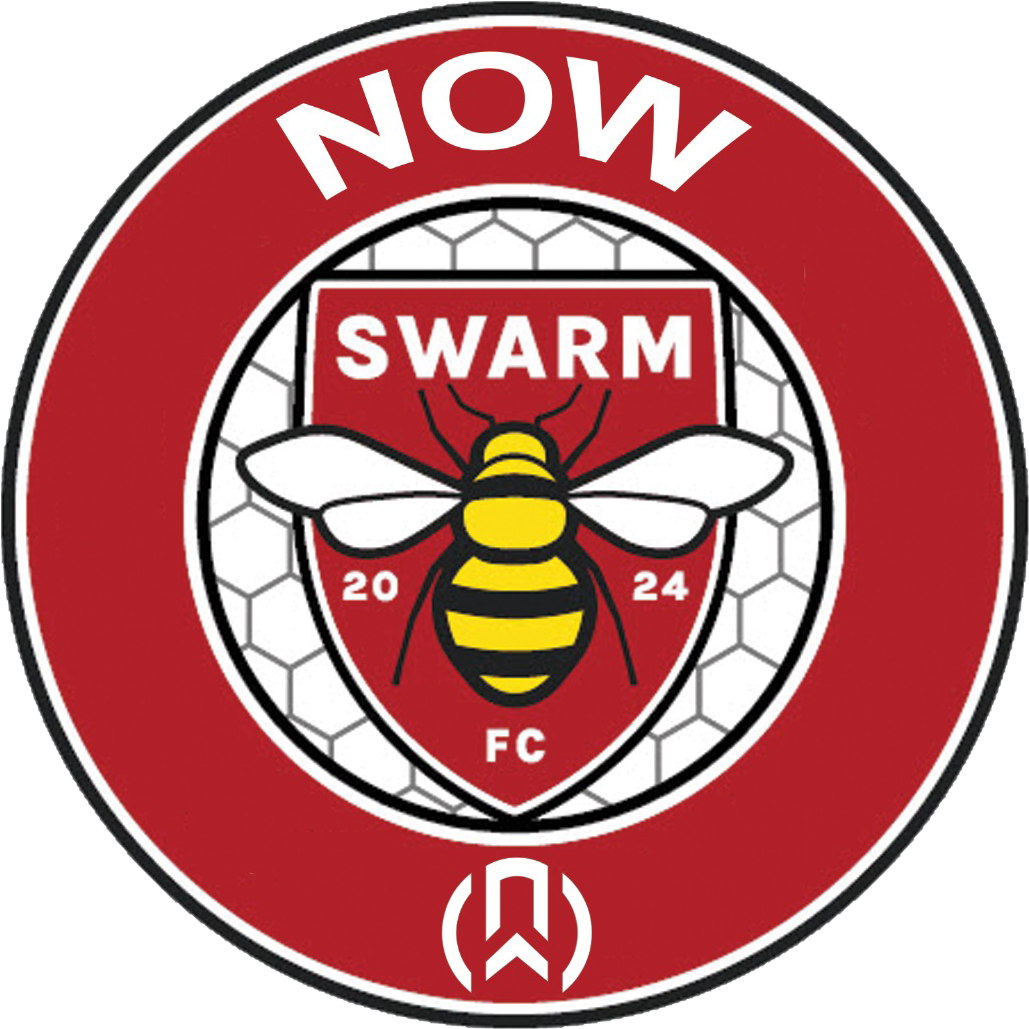Concussion Policy
Concussion Management Protocol
NOW FC has developed a protocol for managing concussions that includes a multidisciplinary approach involving initial evaluation, physician referral for further neurocognitive testing and evaluation and clearance that includes successful completion of sport-related activities. An athlete that has been sustained a suspected head injury or diagnosed with a concussion will be required to pass all the components involved in the concussion management protocol in order to return to sport activity.
Concussion Recognition
Although you can’t see a concussion, an athlete with any change in behavior, thinking or physical functioning after a blow to the head or body should be suspected of having a concussion. An athlete does not have to lose consciousness to have sustained a concussion and may have any number of symptoms
You may notice that the athlete:
• Appears dazed or stunned
• Is confused
• Forgets plays
• Is unsure of game, score or opponent • Exhibits unsteadiness
• Moves clumsily
• Answers questions slowly
• Loses consciousness
• Can’t recall events before or after the injury • Is more sleepy or tired than usual • Seems sad, nervous, or anxious
• Is irritable, easily frustrated or upset • Has problems with school performance
The athlete may complain of:
• Headache
• Concentration or memory problems • Nausea
• Balance problems or dizziness
• Double or blurred vision
• Feelings of being “in a fog” or slowed down • Sensitivity to light or noise
• Confusion
• Ringing in the ears
Seek medical attention immediately at the nearest Emergency Room
if the following signs and symptoms occur:
• Slurred Speech
• Seizures
• Sudden decreased or loss of consciousness
• Irregular pulse or respiration
Suspected concussion and removal from play
• Headache increasing in intensity • Nausea or vomiting
• Unequal/Dilated pupils
• Blurry/Double vision
Early recognition of a concussion is crucial to the recovery process. Any student-athlete suspected of a concussion should immediately be removed from play and evaluated. Given the variability in presentation of concussion, a proper sideline assessment objectively evaluating multiple areas of
neurological functioning is recommended. Should the evaluation suggest a concussion, the student athlete should not be permitted to return-to-play. Immediate removal from activity has been shown to decrease recovery time as well as reduce the severity of acute symptoms. Immediate removal is the first step in potentially preventing prolonged recovery.
Notification Process
When an athlete has received a suspected concussion at a [ORGANIZATION] practice or game, the parents will be notified as quickly as possible by the responding medical personnel or coach. Every concussion occurring during a [ORGANIZATION] practice or game must be documented via an incident report by the responding medical personnel or coach. Concussions that occur to outside of official practices and games must be reported to the [ORGANIZATION] within 24 hours of occurrence.
On-site Evaluation
If a head injury is suspected during an athletics practice or game, a sideline concussion evaluation will be conducted by an athletic trainer, sideline physician, or a coach (symptom evaluation only) in the absence of appropriate medical personnel. If the athlete exhibits any head injury symptoms or is suspected to have sustained a head injury, they will not be permitted to return to play that day, NO EXCEPTIONS. Parents will not be permitted to “sign off on” their child returning to practice or a game if a concussion is suspected. Athletes with suspected head injuries should be given home instructions, parents communicated with (if applicable), and directed to follow-up with a physician specializing in concussion diagnosis and management (MD, DO, Neuropsychologist).
Physician Referral
Athletes suffering a concussion are encouraged to visit a physician or specialist specifically trained in evaluating and managing concussions to receive proper care for a concussion. All athletes must have a physician’s (MD, DO, Neuropsychologist) written clearance to proceed prior to starting a graduated Return to Play protocol.
Return to Play
A Return to Play Progression protocol will be administered once an athlete has obtained written clearance to proceed from a physician. The protocol should at minimum, be a 5-day process because no more than one step can be completed in a 24-hour period. Upon completion of the protocol, a final clearance/release from the treating physician will be required to return to full practice and/or competition.
If you have any questions about our club policies, call our staff today at: (256) 457-3444

